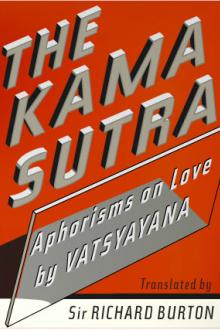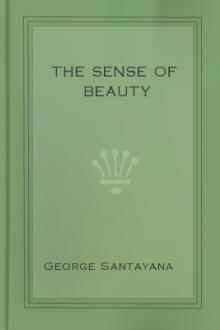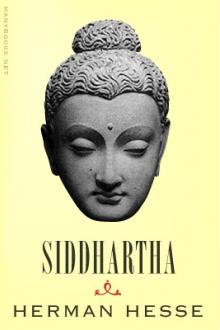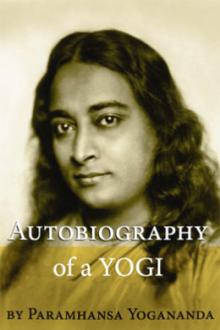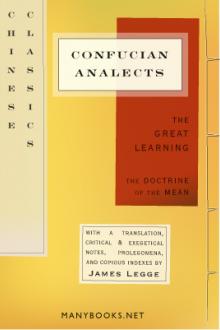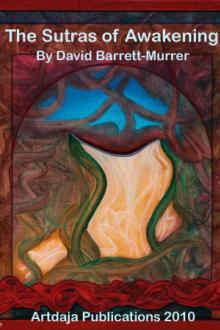Five Jewels of Wisdom
Five Jewels of Wisdom
A Discourse on the Art of Questing Life
The five jewels of wisdom are a fundamental part of the path of awakening and the way of enlightenment. You are not asked to believe but to discover the truths outlined in these jewels of wisdom and how they can transform your life.
Book Excerpt
he common source of emotional stress. To put the nature of self-importance into an understandable perspective consider the following examples. If someone insults you then it is your sense of self-importance that responds emotionally with hurt and retribution. Likewise, if someone praises you then it is your sense of self-importance that responds emotionally with a feeling of pride and self-esteem. When self-importance is frustrated then it becomes self-pity, which is one of the most crippling states of emotional suffering. Yet if one has no sense of self-importance then insults and praise are meaningless.
There is a tendency for socialites, intellectuals and the wealthy to develop a hardcore sense of self-importance. These people usually find the path of awakening far more difficult, since the path really begins when self-importance ends. The average person, who has less of a sense of self-importance, can and often does progress faster. This was true in the time of Jesus and it is still true today.
Editor's choice
(view all)Popular books in Instructional, Philosophy, Creative Commons
Readers reviews
3.5
LoginSign up
There is an idealistic charm to David Barrett-Murrer's treatise on metaphysics that this reviewer does not wish to disparage, but as a scholar of comparative religion, I wish to comment on some very large generalities that are presented in this work without much explanation.
Barrett-Murrer's Five Jewels of Wisdom is an attempt to fuse several ideologies together as a cohesive whole, particularly Buddhism and Christianity, claiming there are universal truths that can be found in both worldviews. Though I agree there are some extremely rudimentary basics such as the Golden Rule, Barrett-Murrer bases his entire treatise on the doctrine of karma which no serious scholar of comparative religion would claim exists even as a secondary thought in Judeo-Christianity.
And reincarnation in Christianity's linear timeline—as compared to Hinduism's and Buddhism’s circular timeline—simply cannot fit.
I accede for the sake of argument that in today's atmosphere of supermarket relativism, we can simply ignore historical realities and declare that truth and the interpretation of specific religious worldviews is simply left up to the individual to define, but then we must follow that conclusion logically and simply say the same about Five Jewels of Wisdom which would make its perusal of little value.
I appreciate Barrett-Murrer's work as an interesting glimpse into another worldview, but I would encourage the reader to remember “caveat emptor.”
Barrett-Murrer's Five Jewels of Wisdom is an attempt to fuse several ideologies together as a cohesive whole, particularly Buddhism and Christianity, claiming there are universal truths that can be found in both worldviews. Though I agree there are some extremely rudimentary basics such as the Golden Rule, Barrett-Murrer bases his entire treatise on the doctrine of karma which no serious scholar of comparative religion would claim exists even as a secondary thought in Judeo-Christianity.
And reincarnation in Christianity's linear timeline—as compared to Hinduism's and Buddhism’s circular timeline—simply cannot fit.
I accede for the sake of argument that in today's atmosphere of supermarket relativism, we can simply ignore historical realities and declare that truth and the interpretation of specific religious worldviews is simply left up to the individual to define, but then we must follow that conclusion logically and simply say the same about Five Jewels of Wisdom which would make its perusal of little value.
I appreciate Barrett-Murrer's work as an interesting glimpse into another worldview, but I would encourage the reader to remember “caveat emptor.”
- Upvote (0)
- Downvote (0)
This book is great. To the point and full of interesting insights into the role karma plays in our life. I would recommend this book to anyone seeking a better quality of life by following a more spiritual path.
01/18/2010
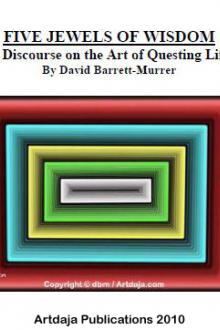
 Free Download
Free Download















